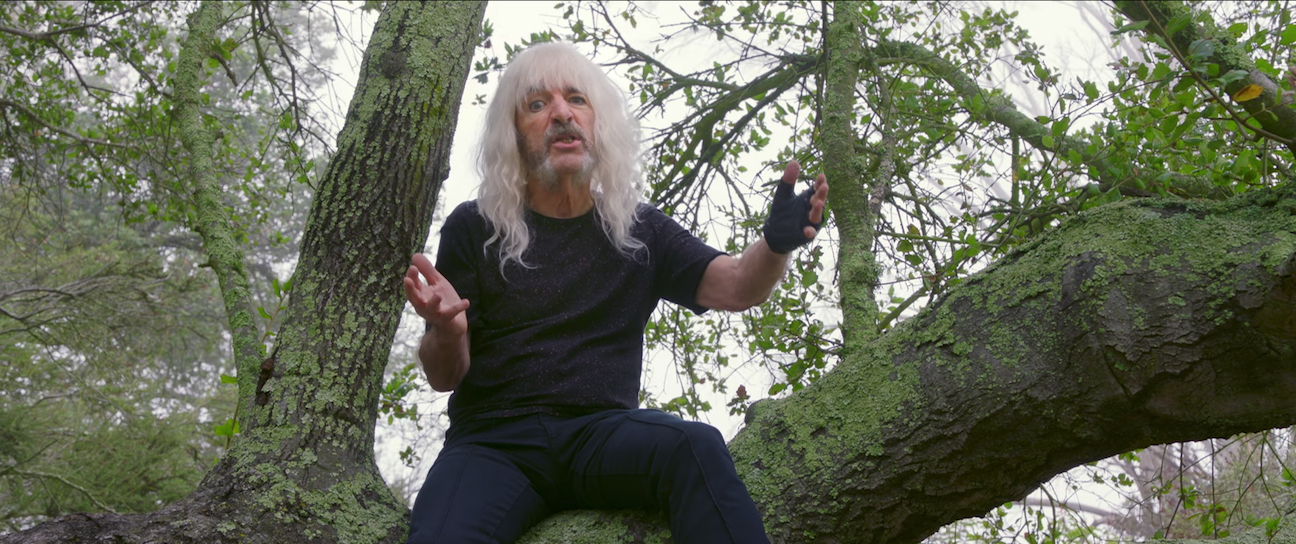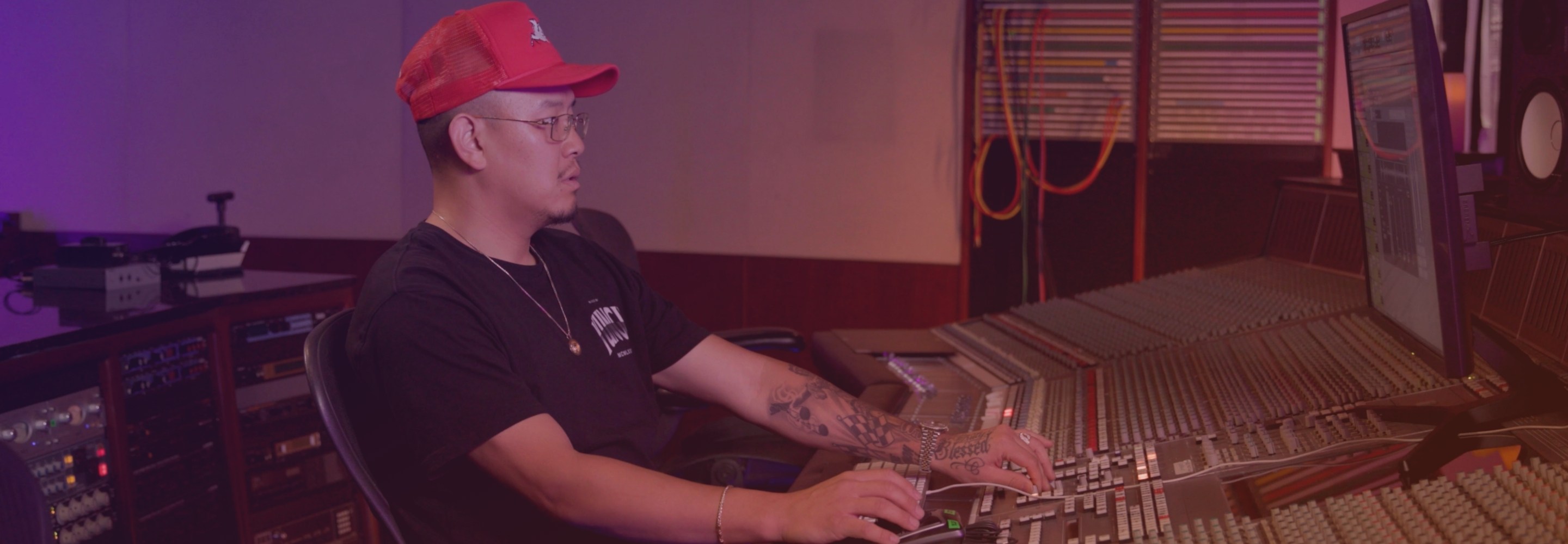
How I Got the Gig as Prince's Audio Engineer
Learn more about Dr. Susan Rogers and the beginning of her career working with Prince.
In this second post of a three-part series of interviews with Dr. Susan Rogers, the acclaimed audio engineer talks about the start of her career with Prince and provides sage advice for anyone starting a new career.
Dr. Rogers established herself as one of the most successful engineers of her generation through collaborations with Prince, David Byrne, Barenaked Ladies, Paul Westerberg, Michael Penn, and many others. Following up on her immense success as an engineer, she has carved out an equally impressive name for herself in the academic and research communities. She holds a doctorate in Cognitive Psychology from McGill University (2010). Her research focuses on auditory memory and the influence of musical training on auditory development. She is also an Associate Professor at the Berklee College of Music, where she teaches music cognition, psychoacoustics, and record production, and is also the director of the Berklee Music Perception and Cognition Laboratory.
"If somebody asked me, ‘Write down my dream job,’ it would’ve been to go work for Prince.”
Getting the gig with Prince
“When I worked for him, I had just had my twenty-seventh birthday. I had been his fan since he first came out because I loved R&B and soul music, and I knew of him and had seen him play at Flippers in Los Angeles in 1980. I was a huge fan. Getting the job with him was my dream come true. If somebody asked me, ‘Write down my dream job,’ it would’ve been to go work for Prince.”
“I had been working for Crosby, Stills, and Nash prior to that. I started in the business when I was twenty-one, self-taught in audio electronics and recording techniques. I went to work for Crosby, Stills, and Nash as their studio maintenance tech, because they owned a studio in Hollywood, and then was hired by Prince.”
“He had just had his first crossover hit single with “Little Red Corvette.” He was well-known in the R&B and Soul community, and hadn’t even crossed over to the Pop charts until his previous album, 1999. That was his first crossover Pop single success. With Purple Rain, the record we were working on, he was poised for mega-stardom.”
“He was considered a freak by a lot of the old- school rock folks. Remember, this is the 1980s. New Wave had been well established. The Police, The Cars, Blondie, and other bands like that had supplanted Crosby, Stills, and Nash, the Eagles—the classic rock. So the wave had already crashed on the beach, but Prince was coming up and was poised to be a new kind of artist that was not New Wave, it was a Funk/Dance- based [genre]. Rap was also right on our heels, just breathing down our neck.”
Just crazy enough to succeed
“You tell yourself, ‘I am gonna do this until I f*** up and they throw me out.’ I think it helps if you see it that way. The only thing you don’t know is when it’s gonna come. So every single day, you really do act as though you’re grateful to have lived another day. In this business, you don’t succeed unless you have great hubris. Your psyche has to be like a coin, and one side of that coin is bats**t crazy and the other side of the coin is as sane as sane gets. Because you have to be crazy enough to believe that you can do it. You’ve gotta be delusional. You’ve gotta be crazy to believe you can do it, and you gotta be sane enough to actually get it done.”
“Those who are too sane won’t have the guts. They’ll just be too afraid, they’ll say, ‘This is impossible.’ And those who are too crazy won’t be viable. They won’t be able to sustain it. So everyone who does achieve some success in a high- pressure environment like that has unshakeable belief in the absurd and yet has the willfulness to forge ahead until that day when you come up against a wall and you recognize ‘I can’t go any further.’ And that’s the same in the sciences; it’s the same in anything. Software designer—anything where you’re trying to do something new.”
More to come
Stay tuned for the continuation of this interview, where we learn more about Rogers’ thoughts on the Prince archives.
You can read more about Dr. Rogers career in this interview with the Women’s International Music Network, and also check out this interview with her from the “Sounds of Berklee” series:


